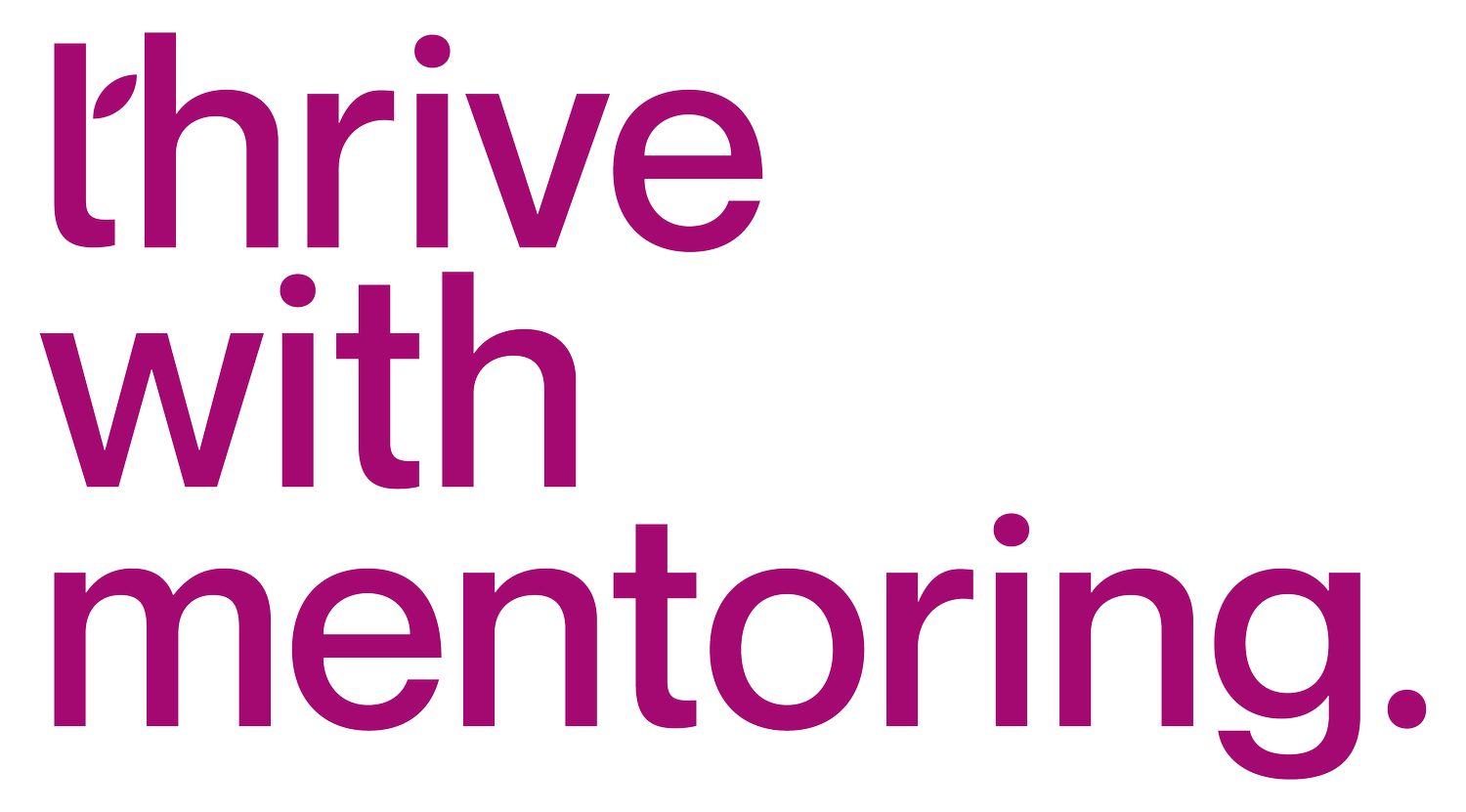Women and their love-hate relationship with Power
I remember how as a junior associate I hated going to her meetings. My boss, Anne three levels up, had this way of dominating the entire meeting. If a shared services meeting wasn’t going well, she would somehow make it about herself. Of how the team was wilfully showing her up. As a result, the team spent time “assuaging” her hurt feelings and less time on working what was actually not working well with the project.
Her direct reports got the work done. With how unpredictable she was, the team was constantly in fire fighting mode, putting out hurt feelings, ego fires, and whatnots. I decided then and there that I wasn’t going to be that kind of boss. Years later, I was able to articulate this issue better. I understand the double bind better- having been there and done that. You are at fault if you use your power and at fault if you don't. So to find a middle ground, many people resort to having a shadow side, only that one can barely control how big a shadow they are casting. Whether we say it like this or not, it has very strong power undertones. And women in the workplace have a complicated relationship with power.
Anne in this case wanted to be in power, but also played the victim card saying that despite being in power her team wasn’t doing everything for her. I am sure, none of it was intentional. While she enjoyed the power, she also played the role of how women are soft and emotional. That behavior, no doubt shaped a lot many lives and not always in very good ways. When meetings were in session, she stayed silent most of the time, never offering direct feedback on the process or the outcomes. But in the end, she said most emphatically how the team hadn’t lived up to her expectations.
What was this doing to others in the meeting?
It made everybody else think that they didn’t matter. No matter how much effort they put in, ultimately it came down to what did she think of it. It was risky to share their own thoughts, lest it offends her.
Most women are in denial about how much power they wield in any situation. Some think it’s inappropriate and unnatural to acknowledge clearly what’s a matter of perception. So they tend to downplay that power play with trying to be humane by showing more base human emotions- anger, disappointment, sorrow, and the works. Fact of life is that women have an emotional connection with power. Other facets of life may or may not reflect that same degree of power that their work accords them, so that makes them all the more emotional about it.
At times women shy away from asking for a raise, or for a higher designation because God forbid that it be construed as asking for a powerful position. There’s some kind of stigma associated with that and hence women take to downplaying it.
What can women do about it?
Power is the most defining element of being a leader perhaps. Whether you show that power through empathy or through authority or through collaboration, that’s a personal choice of the leader. And yet. Yet. Power is one of the least talked about aspects of leadership development.
The most critical thing is to talk about it. It is absolutely okay to be and feel powerful in any situation. It is critical to have conversations about this feeling of being powerless while being powerful and should be a huge topic in your mentoring cohorts. How have your mentors lived up those situations, how have they handled this love-hate relationship with power?
The next thing that these conversations will unfold is awareness in such situations where you are at the top of the food chain. I would like to believe that all of this is 90% unintentional because one doesn’t get to see their own behavior. Feedback is a powerful thing here. When people share how they behave when they are powerful, you often become aware of the shadow that you have been casting so far in your own circles. A peer group of people who have gone through similar experiences is often the best alternative to direct feedback.
When I met Anne recently, she was a transformed woman. We made light of the fact and she acknowledged quite good-naturedly that it would’ve been quite something to work with her back then. Her tipping point came surprisingly through a mentoring intervention when she realized after feedback that because she was embarrassed at being powerful, she overplayed the sensitive part. Due to that people began to feel that she wasn’t a good partner to work with. They expected authenticity from her and here she was just pandering to the stereotype of being emotional at the workplace.
Power is a double edged sword and you have to play it from both sides. Not only does it decide how you behave with others, it also shows others how to behave with you.
Anne was fun to catch up with. She’s long since resolved her love-hate relationship with power and owns it fully now. Empowered women, especially ones who are aware of the extent to which they hold sway organizationally, can become strong partners. They also serve as perfect role models for those coming up after them.
